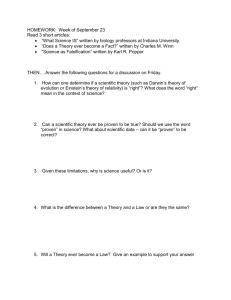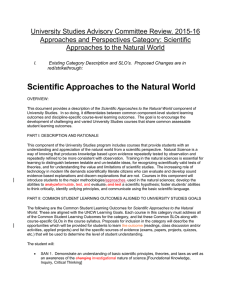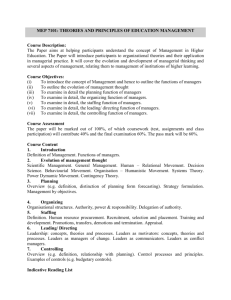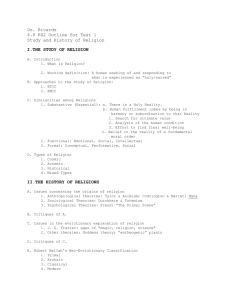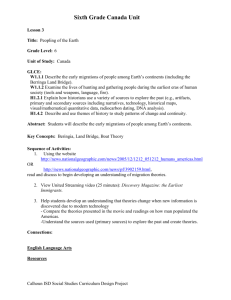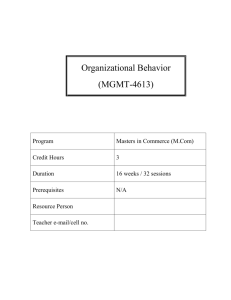link
advertisement
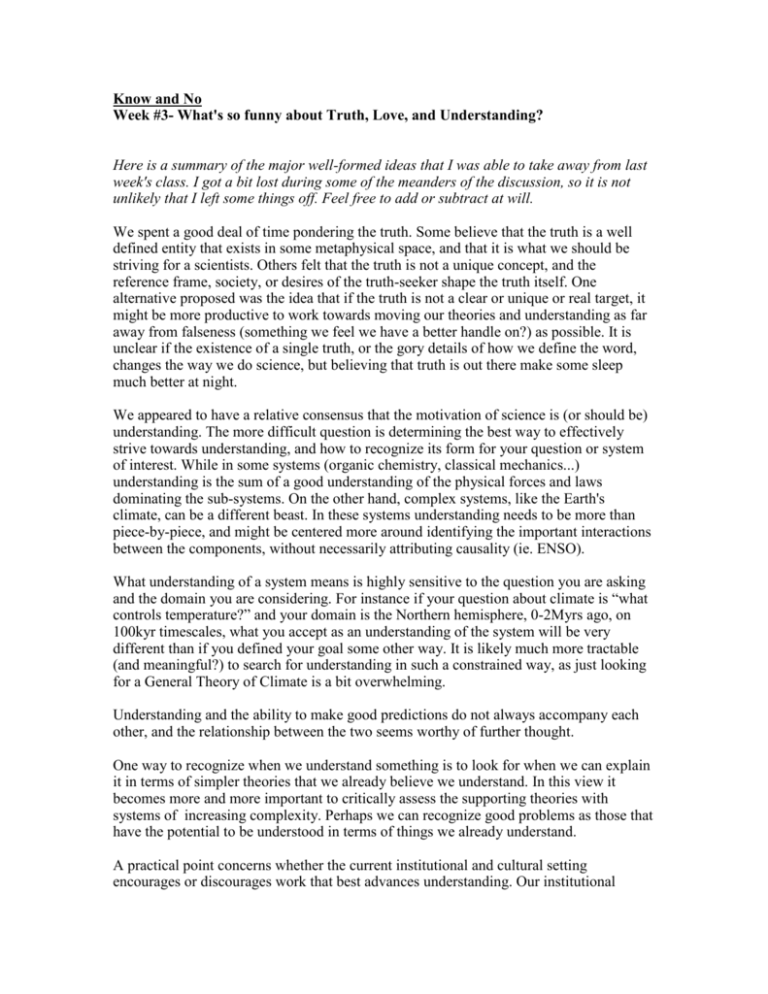
Know and No Week #3- What's so funny about Truth, Love, and Understanding? Here is a summary of the major well-formed ideas that I was able to take away from last week's class. I got a bit lost during some of the meanders of the discussion, so it is not unlikely that I left some things off. Feel free to add or subtract at will. We spent a good deal of time pondering the truth. Some believe that the truth is a well defined entity that exists in some metaphysical space, and that it is what we should be striving for a scientists. Others felt that the truth is not a unique concept, and the reference frame, society, or desires of the truth-seeker shape the truth itself. One alternative proposed was the idea that if the truth is not a clear or unique or real target, it might be more productive to work towards moving our theories and understanding as far away from falseness (something we feel we have a better handle on?) as possible. It is unclear if the existence of a single truth, or the gory details of how we define the word, changes the way we do science, but believing that truth is out there make some sleep much better at night. We appeared to have a relative consensus that the motivation of science is (or should be) understanding. The more difficult question is determining the best way to effectively strive towards understanding, and how to recognize its form for your question or system of interest. While in some systems (organic chemistry, classical mechanics...) understanding is the sum of a good understanding of the physical forces and laws dominating the sub-systems. On the other hand, complex systems, like the Earth's climate, can be a different beast. In these systems understanding needs to be more than piece-by-piece, and might be centered more around identifying the important interactions between the components, without necessarily attributing causality (ie. ENSO). What understanding of a system means is highly sensitive to the question you are asking and the domain you are considering. For instance if your question about climate is “what controls temperature?” and your domain is the Northern hemisphere, 0-2Myrs ago, on 100kyr timescales, what you accept as an understanding of the system will be very different than if you defined your goal some other way. It is likely much more tractable (and meaningful?) to search for understanding in such a constrained way, as just looking for a General Theory of Climate is a bit overwhelming. Understanding and the ability to make good predictions do not always accompany each other, and the relationship between the two seems worthy of further thought. One way to recognize when we understand something is to look for when we can explain it in terms of simpler theories that we already believe we understand. In this view it becomes more and more important to critically assess the supporting theories with systems of increasing complexity. Perhaps we can recognize good problems as those that have the potential to be understood in terms of things we already understand. A practical point concerns whether the current institutional and cultural setting encourages or discourages work that best advances understanding. Our institutional science machine is currently far from ideal, but how do we fix it? Our readings pointed out that often great scientists remain loyal to their theories in the face of empirical evidence that should strictly falsify them. However we can not simply think of this as doing dirty science since data are laden with theoretical biases and observational uncertainties, so the true line of falsification is a fuzzy one. How we think about science as a process should inform how we teach science. We want to avoid the myth of the cookbook scientific method, but how do we (or do we) train budding minds to make creative leaps and make the subjective/aesthetic judgments that seemed to aid some of the great minds in advancing our understanding? Do we train problem-solvers? revolutionaries? falsifiers? model builders? all/none of the above? Science(?): ● Goal- Understanding ● Entity- Body of critically examine knowledge, as far from the false (or close to the truth) as we can manage ● Methods- Falsification, Deduction, Induction, Paradigms, Theories, Models ● Traits – Honesty, No ego, Skepticism, Simplicity, Lucidity
